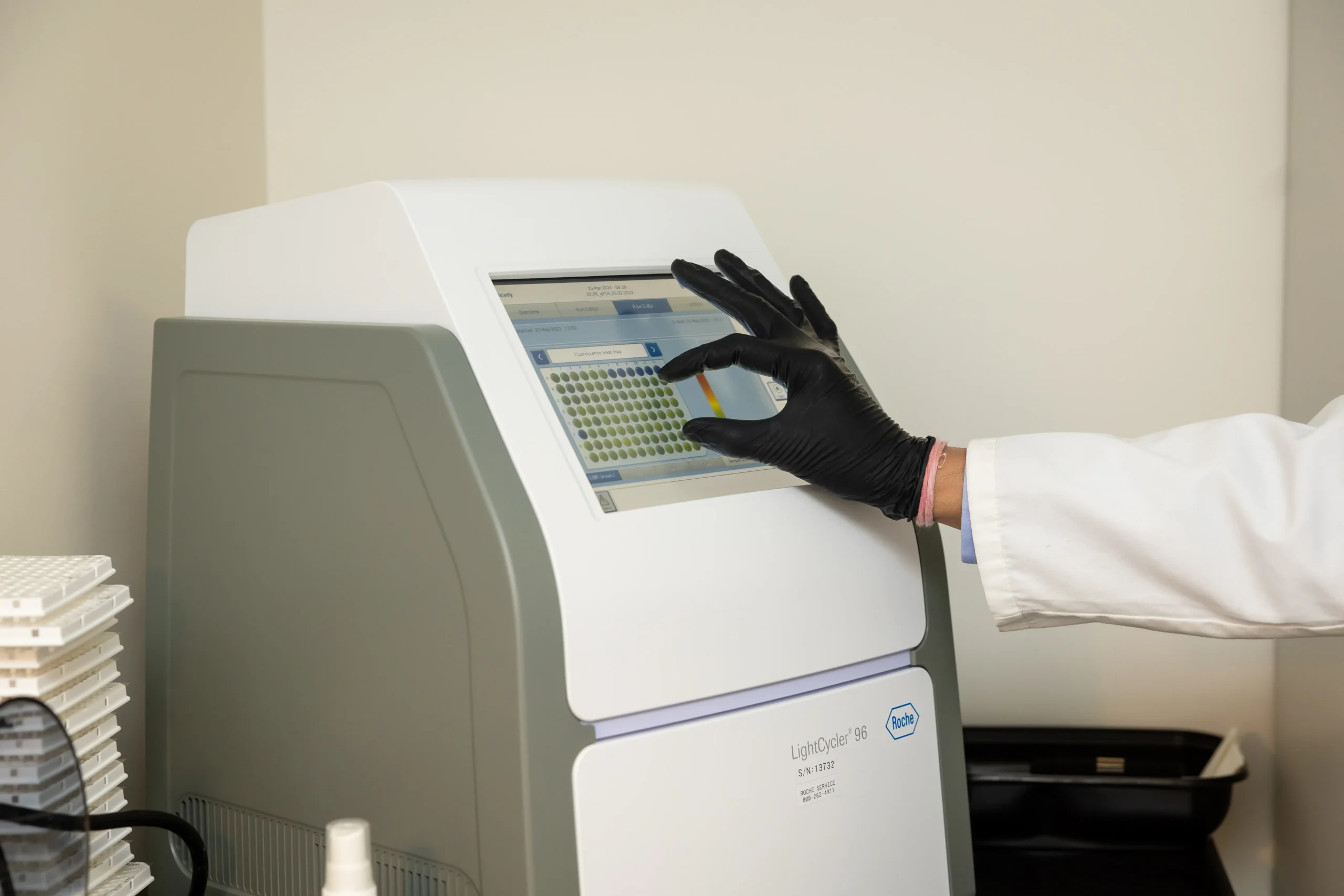Translational Pulmonary
& Immunology Research Center
& Immunology Research Center

Airway Inflammatory Disorders
TPIRC investigates inflammatory pathways in airway tissues, focusing on disease mechanisms and novel treatments for conditions like Cystic Fibrosis.
Cystic Fibrosis
TPIRC is developing targeted treatments for Cystic Fibrosis by analyzing the impact of CFTR mutations on lung function and inflammation.
Bronchopulmonary Dysplasia (BPD)
TPIRC studies the influence of CPAP on neurodevelopment in BPD patients. We also explore the cellular and molecular mechanisms underlying BPD pathogenesis and identify diagnostic biomarkers.
Immunodeficiency
TPIRC focuses on the role of immune system deficiencies in various diseases, aiming to understand their impact and develop targeted interventions.
Food Allergies
TPIRC utilizes AI to personalize treatment plans for pediatric anaphylaxis based on individual immune profiles.








TPIRC is a non-profit research and clinical care center that focuses on the development of cutting-edge, individualized treatment protocols for orphan diseases utilizing comprehensive diagnostic tools and patient-driven research.
Until now, big data has largely been applied to the commercial world, predicting human interactions and behaviors. Imagine if the same principles of big data in the commercial world applied to the medical world — driving research hypotheses, treatment protocols, and medical outcomes. This very idea powers the TPIRC clinical care and research model. TPIRC truly is where big data meets big medicine. What takes 10 to 15 years elsewhere, TPIRC can advance treatment discovery at a pace which helps our patients today as well as our patients for years to come.

At TPIRC, we pioneer research for rare diseases like cystic fibrosis, food anaphylaxis, and bronchiectasis. Our unique approach bridges the gap between scientific discovery and real-world solutions. We utilize cutting-edge research, personalized treatment plans through precision medicine, food science advancements, and artificial intelligence to unlock new possibilities. Our goal is to brighten the future of rare disease treatment, push the boundaries of research and advocacy, and give patients hope for a better life. Our research has already helped thousands achieve food freedom through innovative programs like the Tolerance Induction Program.

TPIRC investigates inflammatory pathways in airway tissues, focusing on disease mechanisms and novel treatments for conditions like Cystic Fibrosis.
TPIRC is developing targeted treatments for Cystic Fibrosis by analyzing the impact of CFTR mutations on lung function and inflammation.
TPIRC studies the influence of CPAP on neurodevelopment in BPD patients. We also explore the cellular and molecular mechanisms underlying BPD pathogenesis and identify diagnostic biomarkers.
TPIRC focuses on the role of immune system deficiencies in various diseases, aiming to understand their impact and develop targeted interventions.
TPIRC utilizes AI to personalize treatment plans for pediatric anaphylaxis based on individual immune profiles.